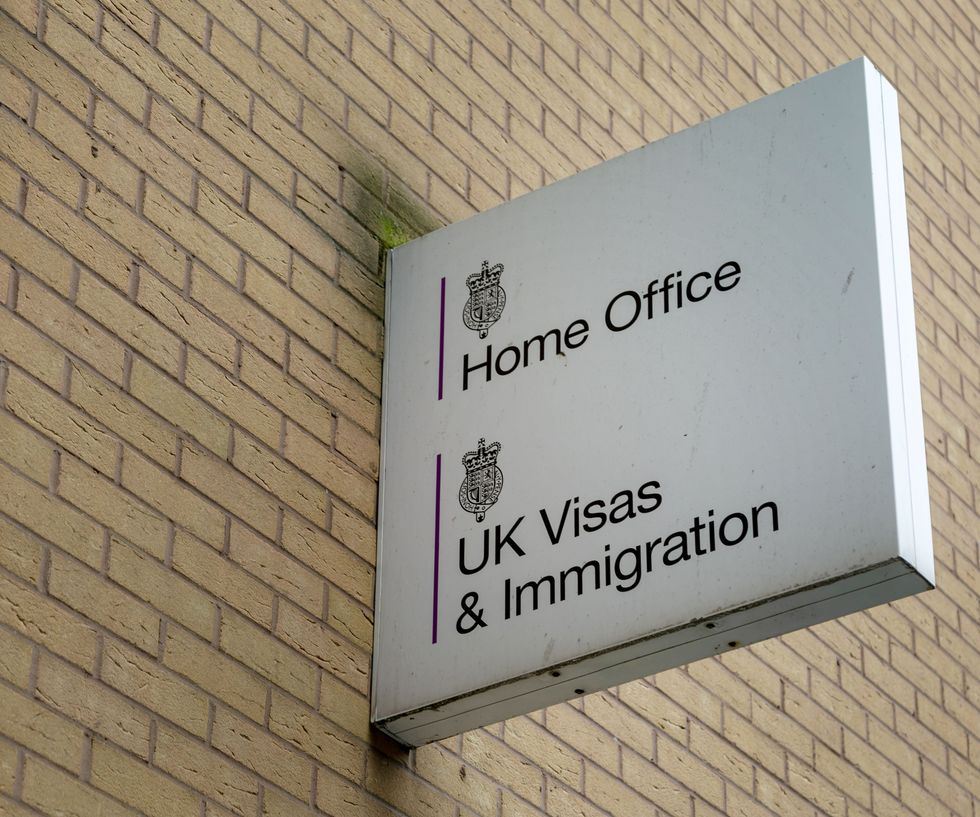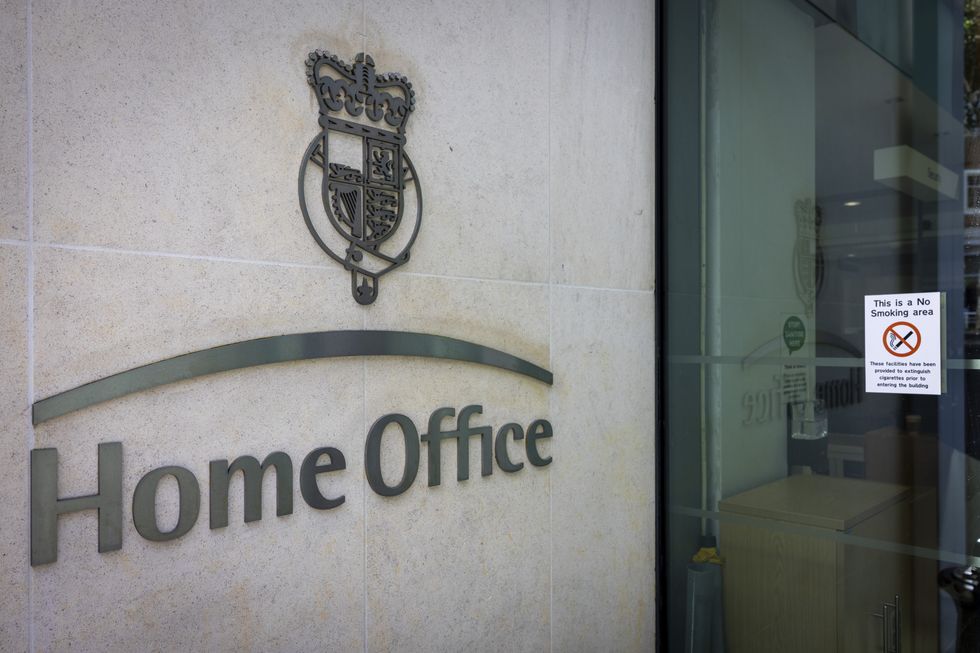Ghanaian drug smuggler who was deported three times but sneaked back into Britain allowed to stay

Home Office launches legal appeal to overturn landmark Epping migrant hotel ruling |
GETTY

He was deported in 1987 after a criminal conviction
Don't Miss
Most Read
Trending on GB News
A Ghanaian drug smuggler who has been deported from the UK three times has won his appeal to remain in Britain.
Oduola Toye used a fake passport to re-enter the UK and has been allowed to stay on human rights grounds.
The convicted fraudster and drug smuggler claimed that deportation would breach his article eight rights to a family life under the European Convention on Human Rights.
The immigration tribunal ruled in his favour.
The father of three has used multiple identities over the past 40 years, including Sunday Ogundare, the name he used to be convicted of deception in 1987.
After receiving a fine and being deported to Nigeria following the conviction, he was arrested on arrival, attempting to re-enter Britain in May 1993 after being found with illegal drugs.
The criminal used a visitor’s visa under the name of Ogundare Badmus.
Just months later, he was sentenced to four years in jail for smuggling drugs before being deported to Nigeria in July 1995.
LATEST DEVELOPMENTS:

A Ghanaian drug smuggler who has been deported from the UK three times has won his appeal to remain in Britain
|GETTY
Mr Toye broke his deportation order in 1996, returning to Britain.
He was granted indefinite leave to remain under the name Oduola Toye in 2001.
Just two years into his UK life, Mr Toye was arrested in April 2003 on suspicion of multiple counts of fraud, where police revealed his many identities were linked.
Criminal proceedings were dropped in favour of deportation.
The convicted fraudster and drug smuggler claimed that deportation would breach his article eight rights to a family life under the European Convention on Human Rights
|GETTY
The convict was released in error and voluntarily left the UK in June 2003, before returning to Britain in July the same year.
After a failed attempt to avoid deportation, he was again sent back to Nigeria in October 2003.
The court was told that Toye said he re-entered the UK via Ireland in May 2005, using a passport in the name of Adesoji Babatunde, and remained under the radar for over six years.
There was a delay of up to 11 years between his application to revoke a deportation order and a decision from the Home Office due to his use of multiple names and identities, according to the court.

After a failed attempt to avoid deportation, he was again sent back to Nigeria in October 2003.
|GETTY
Judge Sarah Pinder described the delay as "inexcusable" and "egregious", adding that Mr Toye enjoyed a family life with his former partner, the mother of their three adult children.
Judge Pinder said: “There is no evidence before me, however, to demonstrate that he continued to use multiple or false identities after he applied for revocation of the deportation order in 2011.
"On this basis, I am satisfied he has reformed his life since seeking revocation in 2011.
"He has continued to raise a family and provided much physical and emotional support to his children.
"The period of non-offending is plainly lengthy, and I conclude that the risk of him committing further offences is, at most, low."
A Home Office spokesman said: "While it is our longstanding policy not to comment on individual cases, we strongly disagree with this judgment and have sought permission to appeal.
"This Government deported almost 5,200 foreign national offenders in its first year in office, a 14 per cent increase on the previous year, and we will continue to do everything we can to remove these criminals from our country."
More From GB News










